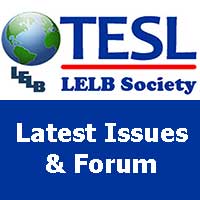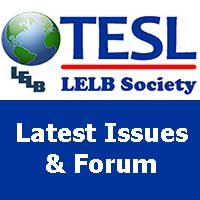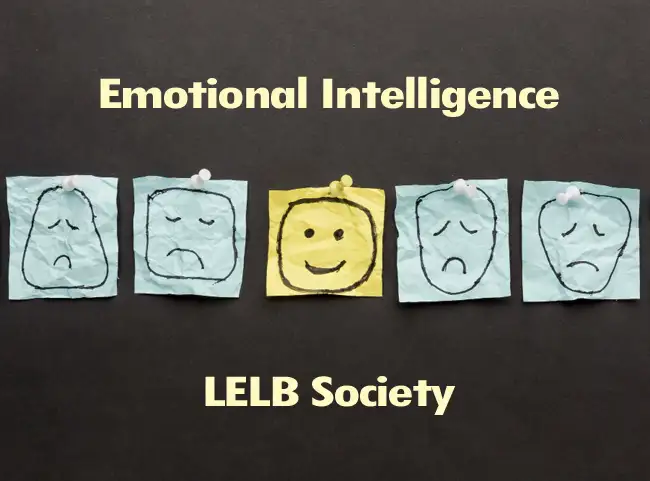The Theory of Everything (2014) Film Analysis & Review
The Theory of Everything (2014) is a biographical drama that explores the life of renowned physicist Stephen Hawking, his groundbreaking discoveries, and his complex relationship with Jane Hawking. Directed by James Marsh, the film offers a poignant portrayal of love, resilience, and the pursuit of knowledge. This analysis delves into its narrative, performances, and thematic …









